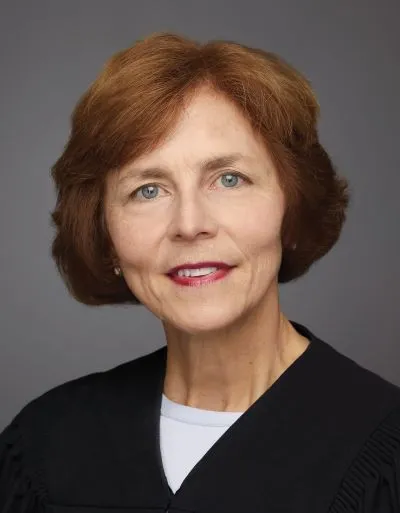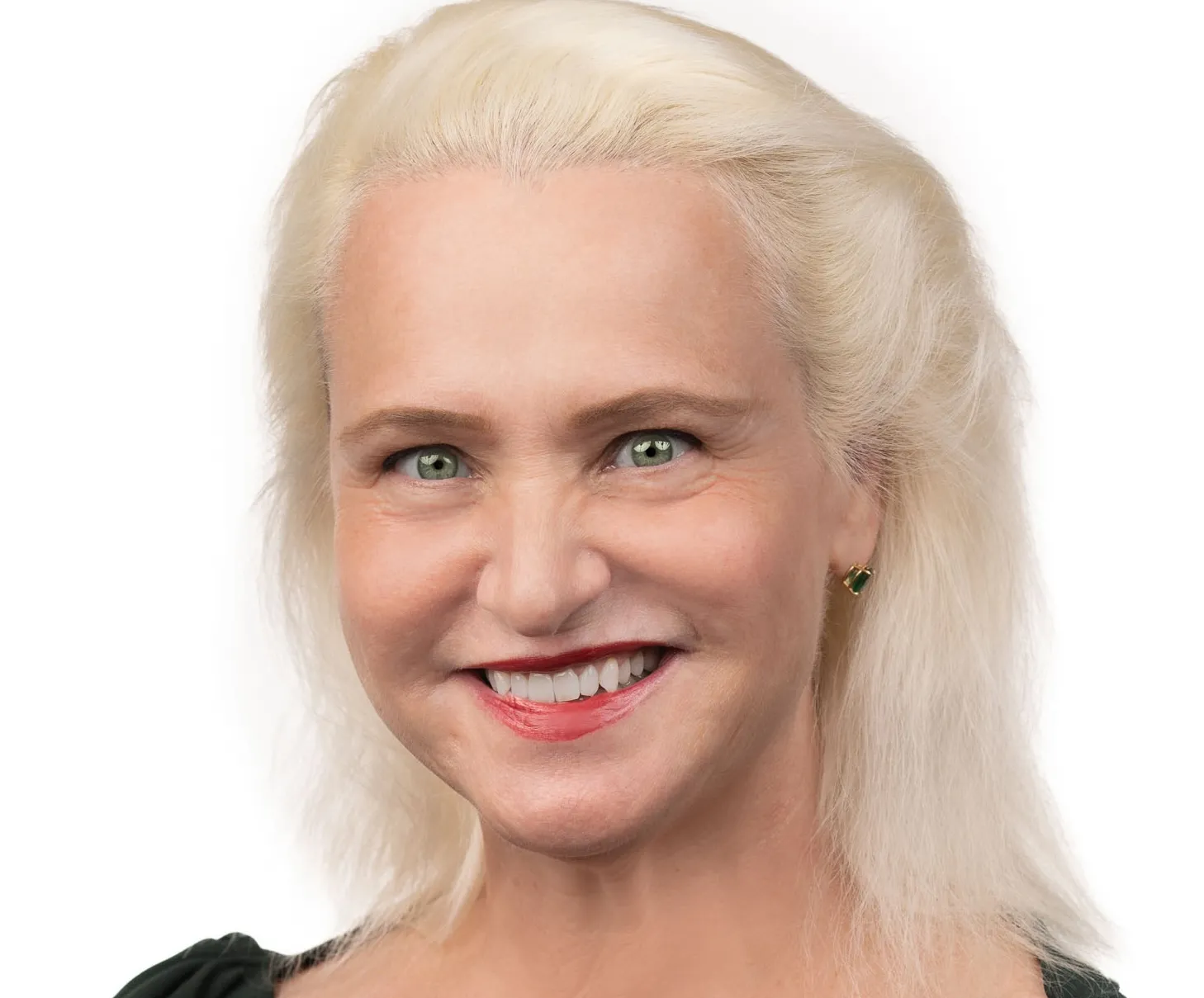Rebecca Pallmeyer, ’79: “A Heart Set on Judging” Becomes ND Ill’s First Female Chief

On July 1, Rebecca Pallmeyer, ’79, became the chief judge of the Northern District of Illinois. She is the first woman to serve as chief judge in the 200-year history of that court.
She credits her first job out of law school, when she clerked for Minnesota Supreme Court justice Rosalie E. Wahl, for inspiring her to want to become a judge. Wahl, she said, “was the model of what a judge should be: warm, decent, and compassionate; thorough and careful; and an extremely conscientious thinker and writer. She gave the same focused attention to every case that came before her.”
In the job she took after her clerkship, she worked in the litigation section of a Chicago law firm. “I was one of those people who had frequently been told ‘You must be going to law school, because you love arguing,’ and I suppose that was true of me, although what I really loved was the process of trying to get to the truth of things, which sometimes involved arguing,” she said. “There weren’t many women trial lawyers in those days, but the firm was supportive, I liked the work, and I learned a lot.”
Her heart was set on judging, though, and so she applied to the Illinois Human Rights Commission. “It was one of the very few judgeships that you could apply for instead of hoping to be appointed, so I jumped on it and was fortunate enough to get the job,” she recalled. “I still remember my first day. Our offices were in the Thompson Center, which was both unfinished and always under construction, making our working conditions far less than ideal; the staff was overextended; nothing seemed right—except I felt as happy at work on that day as I could imagine being.”
Her professional happiness was complemented by personal happiness. She and her husband, Dan McAdams—whom she had met during her freshman year in college and married after her first year of law school—were settled in Chicago and beginning their family. He’s now a professor at Northwestern, and their two daughters have fulfilling careers, one as an intensive-care nurse and one as a college professor.
After six years at the Human Rights Commission, she applied for a Magistrate Judge position at the District Court, obtaining that position in 1991 in a competition with more than 125 other applicants. In 1998, she was confirmed to her District Court judgeship.
She said that the chief judge’s role as a public representative of the court is particularly important to her: “I’m glad to have the opportunity to reinforce the importance of the rule of law in our society, and I intend to take every opportunity to be sure that the hard, dedicated work done by the members of this court is understood and appreciated as a fundamental element of how our system of government works.”
Regarding the Law School, she said that she’s grateful for great learning experiences inside and outside the classroom and for “off-the-charts-intelligent” classmates, many of whom have become lifelong friends. “But I probably wouldn’t have been there at all except for the generous financial aid I received,” she acknowledged. “My parents were church employees who earned modest incomes; both worked hard to be sure my five siblings and I were able to go to college. The Law School tuition waiver was like a gift from God. It made it possible for me to attend this great law school and have the wonderful career I’ve enjoyed. My appreciation for that is boundless.”


